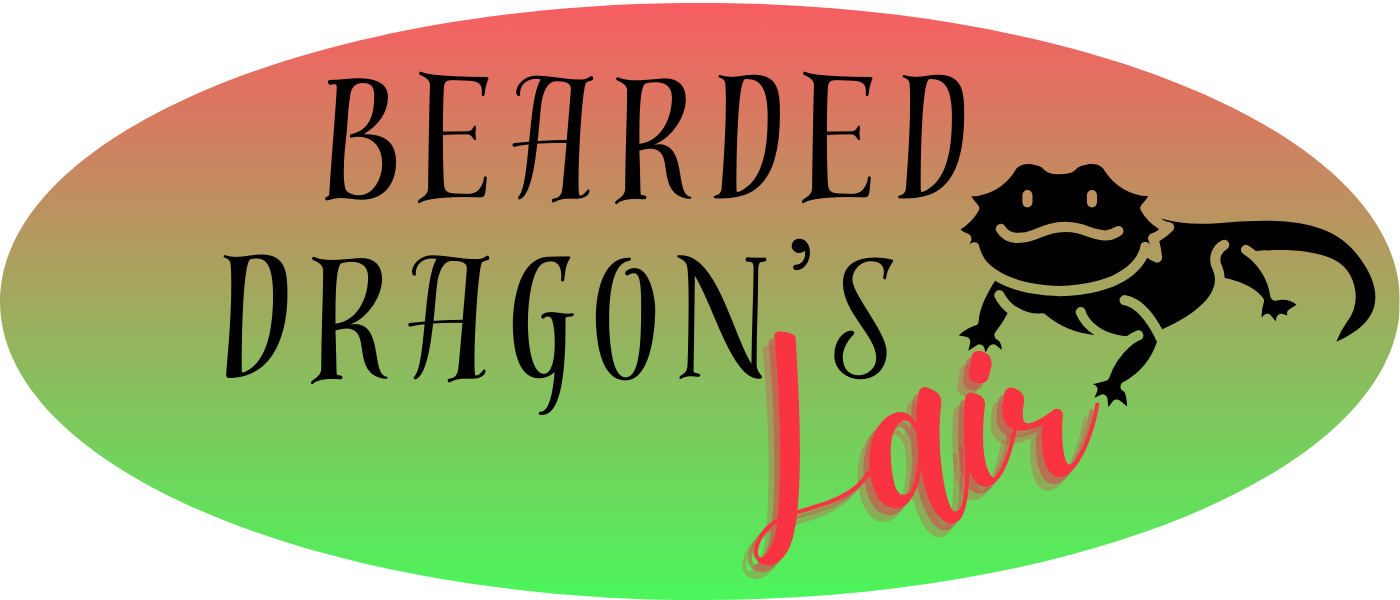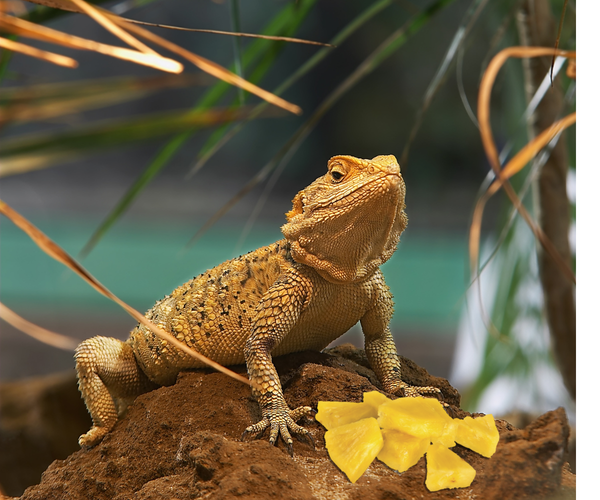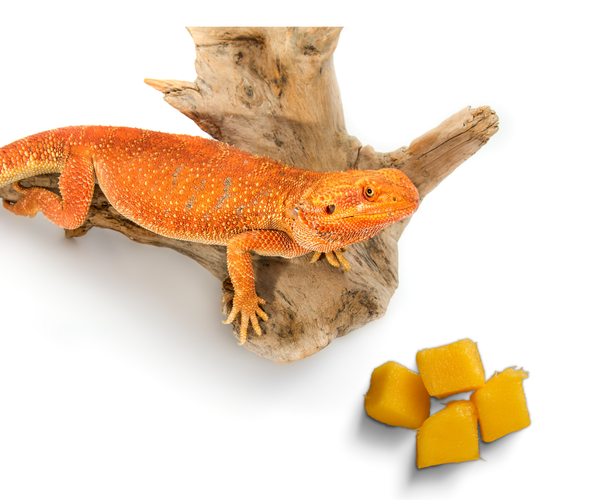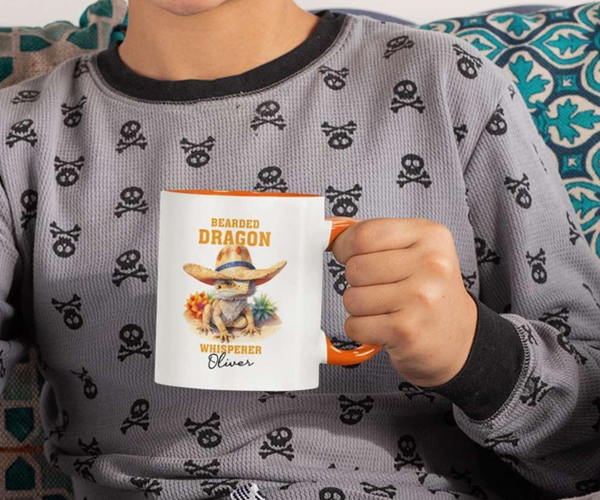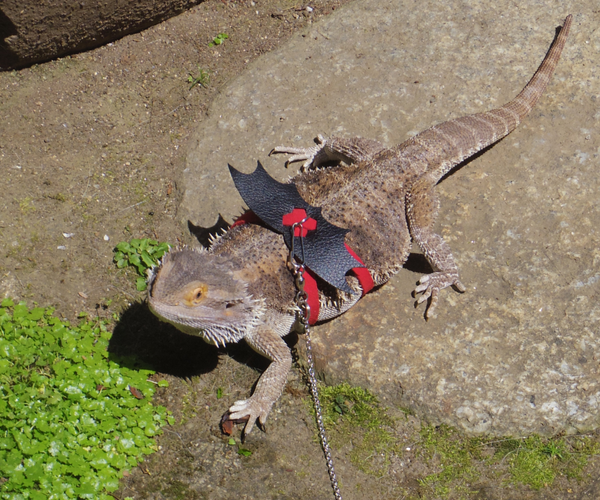Can Bearded Dragons Eat Tomatoes?
While fruits and vegetables should make up a significant portion of their diet, it's essential to know which ones are safe and beneficial for them.
Bearded dragons are popular pets known for their unique appearance and personable behaviors. As with any pet, proper nutrition is vital for their health and well-being. A common question among bearded dragon owners is whether their scaly friends can safely consume tomatoes. This article delves into the nutritional benefits and potential risks of feeding tomatoes to bearded dragons.
Key Takeaways:
- Tomatoes can be offered to bearded dragons in moderation as part of a varied diet.
- It's important to understand the nutritional content of tomatoes and how it affects bearded dragons.
- Always remove seeds and serve tomatoes in small, manageable pieces to prevent choking.
Understanding Bearded Dragon Diets
Bearded dragons are omnivores, which means they eat both plant-based foods and insects. Their diet in the wild consists of a variety of greens, fruits, and insects, providing a balance of nutrients necessary for their health. In captivity, it's crucial to replicate this balanced diet to prevent nutritional deficiencies and health issues. While fruits and vegetables should make up a significant portion of their diet, it's essential to know which ones are safe and beneficial for them.
The Nutritional Profile of Tomatoes
Tomatoes are a rich source of vitamins, particularly vitamin C and A, which are important for a bearded dragon's immune system and vision. They also contain antioxidants like lycopene, which can help protect cells from damage. However, tomatoes are also acidic and contain sugar, which can be harmful to bearded dragons if consumed in large quantities. Understanding the nutritional balance is key when considering tomatoes as a food option for your pet.
Can Bearded Dragons Eat Tomatoes Safely?
Yes, bearded dragons can eat tomatoes, but it should be done with caution. Tomatoes are not toxic to bearded dragons, but they are not a natural part of their diet in the wild. When feeding tomatoes to your bearded dragon, it should be considered a treat rather than a staple food due to its acidity and sugar content.
How Often Can Bearded Dragons Have Tomatoes?
Tomatoes should be fed sparingly to bearded dragons, ideally no more than once a week. This frequency ensures that your bearded dragon is not overexposed to the acids and sugars in tomatoes, which could lead to health issues over time. It's also important to balance their diet with other vegetables and insects to provide a range of nutrients.
Preparing Tomatoes for Your Bearded Dragon
When offering tomatoes to your bearded dragon, always ensure they are fresh and thoroughly washed to remove any pesticides or chemicals. Cut the tomatoes into small, bite-sized pieces to prevent choking hazards. Removing the seeds is also recommended, as they can be a choking risk and offer no nutritional benefit.
The Right Serving Size
The appropriate serving size of tomatoes for a bearded dragon is a few small pieces equivalent to one or two cherry tomatoes. This amount is enough to give them a taste without overwhelming their system with acidity and sugar. Always monitor your bearded dragon after introducing new foods to ensure they do not have an adverse reaction.
Risks of Feeding Tomatoes to Bearded Dragons
While tomatoes can be a healthy treat in moderation, there are risks associated with feeding them to bearded dragons. The high acidity can cause stomach upset, and the sugar content can lead to obesity and dental problems if fed in excess. It's also important to note that tomatoes have a high water content, which can cause diarrhea if consumed in large amounts.
Alternatives to Tomatoes
If you're looking for alternatives to tomatoes that are safer and more suitable for your bearded dragon's diet, consider offering greens like collard greens, dandelion greens, and mustard greens. These vegetables are lower in sugar and acidity and provide a range of nutrients without the associated risks of feeding tomatoes.
The Importance of a Varied Diet
A varied diet is crucial for the health of your bearded dragon. It ensures they receive a wide range of nutrients and prevents boredom with their food. Incorporating a mix of safe fruits, vegetables, and insects will help maintain your bearded dragon's health and happiness. Always research new foods before introducing them to your pet's diet.
Monitoring Your Bearded Dragon's Health
After introducing tomatoes or any new food to your bearded dragon's diet, it's essential to monitor their health and behavior. Look for signs of digestive distress, such as diarrhea or decreased appetite, and consult with a veterinarian if you notice any concerning symptoms. Regular health check-ups can help catch any issues early and keep your bearded dragon thriving.
Summary
Tomatoes can be a tasty treat for bearded dragons when offered in moderation. Due to their acidity and sugar content, it's important to limit the frequency and serving size of tomatoes in your pet's diet. Always prioritize a varied diet rich in vegetables and insects to ensure your bearded dragon receives all the necessary nutrients. By understanding the nutritional needs of your bearded dragon and the potential risks of certain foods, you can provide a healthy and enjoyable diet for your scaly companion.
FAQ Section
Q: Can bearded dragons eat the skin of tomatoes? A: Yes, bearded dragons can eat the skin of tomatoes as long as they are thoroughly washed and cut into small pieces. However, always feed tomatoes in moderation due to their acidity and sugar content.
Q: Are there any vegetables that bearded dragons should never eat? A: Bearded dragons should avoid vegetables that are high in oxalates, such as spinach and beet greens, as they can bind to calcium and lead to nutritional deficiencies. Always research and consult with a veterinarian before introducing new vegetables to your bearded dragon's diet.
Q: How can I tell if my bearded dragon is having a negative reaction to tomatoes? A: Signs of a negative reaction to tomatoes or any new food can include digestive issues like diarrhea, lethargy, or a decrease in appetite. If you notice any of these symptoms, remove tomatoes from their diet and consult with a veterinarian.
